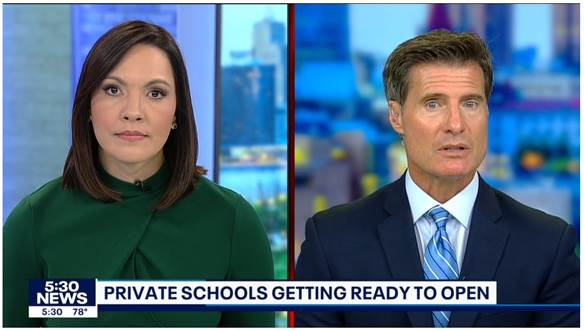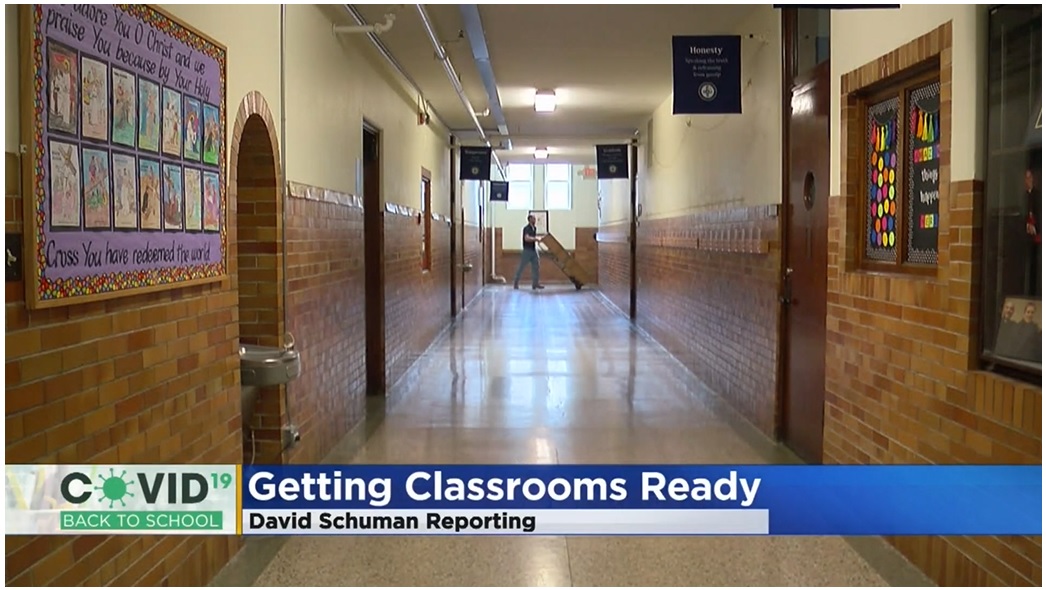Imagine you are working up your courage to speak before your district’s school board or talk to the school principal about an issue closely connected to your child’s schooling. When your opportunity finally comes, you address the issue, only to have these officials begin tossing around educational words and phrases that you know nothing about. Intimidated, you back off, deciding that yes, they are the experts, not you, and as such, you should just shut up to keep from looking dumb.
Sadly, many parents have likely found themselves in such a situation, which is unfortunate because they know their children the best, and as such, their concerns should not be belittled or brushed aside by educational experts.
The simple solution to this problem is to educate ourselves—we the laypeople, if you will—on what these common educational phrases or terms mean. American educator E. D. Hirsch helps us do just that in his book The Schools We Need, providing a list of common educational phrases and their meanings or connotations. “Child-centered schooling” is one that we’ll explore today.
According to Hirsch, the phrase “child-centered schooling” is a progressive term. Viewed positively by the education establishment, it emphasizes “the feelings, interests, and individuality of the child.”
The opposite of “child-centered schooling” is “subject-centered education.” Educators often put this latter term in a bad light by pairing it with the allegedly dull forms of instruction “consisting of lecture format, passive listening, mindless drill, and rote learning,” something that educators portray as “inhumane and ineffective schooling.”
Put simply, in the world of traditional institutionalized education, “child-centered schooling” = good, while “subject-centered education” = bad.
But as Hirsch explains, “This picture is mere caricature,” and its results potentially cause more harm than good:
Observation has shown, on the contrary, that children are more interested by good subject-matter teaching than by an affectively oriented, child-centered classroom. The anti-subject matter position is essentially anti-intellectual. This dichotomy between subject and child has too often resulted in failure to teach children the subjects and the skills they need. Such failure cannot under any principled use of language be described as ‘child-centered.’
Such a definition sheds some light on why things are the way they are in today’s schools. Many of today’s educators are trained in philosophies of education—methods of teaching effectively, if you will. These may be somewhat helpful in classroom management, but if teachers are better acquainted with these instruction methods than they are with their multiplication tables, their knowledge of history, or their familiarity with English literature, are they really the “experts” we want training our children? That’s a question we should ponder the next time someone claims they want to advance “child-centered schooling” in our schools.
—
Image Credit: Pexels











![[downloaded during free trial]](https://oakmn.org/wp-content/uploads/2025/11/iStock-1430368205-120x86.jpg)

